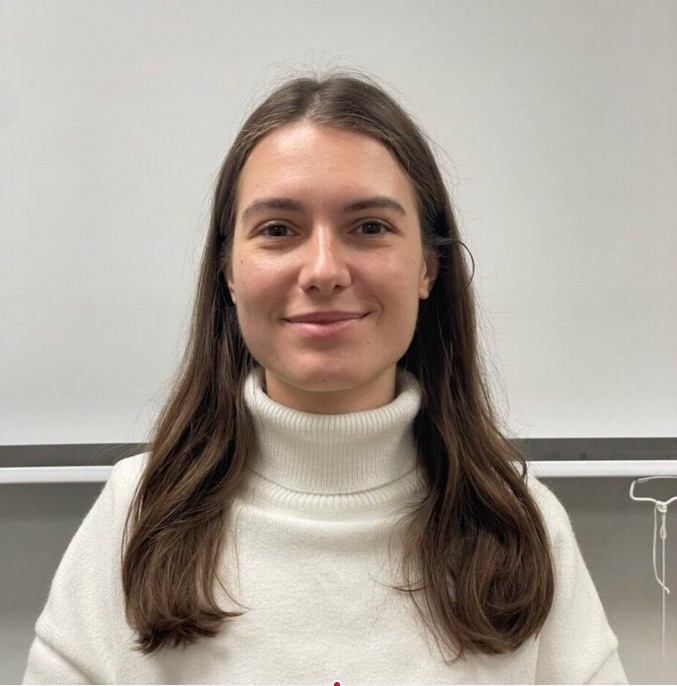by Jess Hartley-Lowe ‘26
Ekaterina Ausheva is joining the Russian Department as a Visiting International Scholar for the Fall 2023 and Spring 2024 semesters. She has worked at the International Prep-Year program at the Higher School of Economics (HSE) in Moscow, teaching beginner and intermediate level Russian, and she also served as a tutor and lecturer for SRAS programs, providing remote Russian language classes to U.S. university students from elementary to advanced levels. This year at Dickinson she will be teaching Russian 101, 201, Russian for Discussion, and a course in Phonetics for students at all levels.
1. You’ve taught Russian at different institutions and in different cultural contexts. What stands out to you about Russian at Dickinson?
The Russian Department at Dickinson helps students immerse themselves in language and culture by offering a wide variety of extracurricular events like Russian table, cooking classes, meetings, lectures with native speakers, etc. My colleagues truly invest themselves in their students’ success, and the students here have a passion for learning.
2. What is your favorite Russian novel, and who is your favorite Russian writer?
My favorite novel is Fathers and Sons by Ivan Turgenev. It discusses the topic of generational gaps and their universality across time and geography. My favorite writer is Anton Chekhov. His short stories and plays are deliberately simple but extremely insightful.
3. What is your favorite thing about Carlisle?
My favorite thing about Carlisle is that it’s cozy and the people are friendly. I always lived in a big city; this small-town atmosphere is new for me, and I enjoy it.
4. You are working on a textbook on teaching writing. Why does writing remain an important skill for students learning Russian, even in the era of AI and ChatGPT?
Writing is not about the result, it’s about the process. Synthesizing thoughts into coherent ideas is essential for learning, especially a foreign language. Writing also improves your fluency in other language skills, i.e. reading, listening, and speaking.
5. What advice would you give to students considering taking Russian?
Have the confidence to learn a new language. Russian needs patience and practice, but if you have an interest it will come naturally. Everyone starts somewhere.
6. What are you most looking forward to in your year at Dickinson?
I look forward to meeting many talented students who have chosen to learn Russian and am excited to share my knowledge and culture with them. I also look forward to learning from my new colleagues and friends.
Welcome to Dickinson, Ekaterina!
